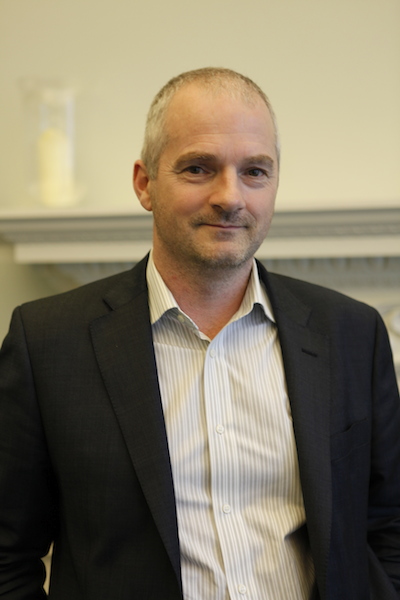Reforming government is a messy and imperfect business as it is driven by internal political dynamics and personalities. It took, for example, decades of stop-start change to transform the UK civil service – and many more reform initiatives failed than succeeded.
So it should be no surprise that efforts to support public service reform across the globe as part of international development efforts have an even more mixed record of success.
Politicians and officials across the world frequently look to the country for practical help to adapt and apply UK reforms to the problems they face – often encouraged by advocacy of global figures like Michael Barber and Tony Blair. But, separately, this is accompanied by an unfortunate tendency of too many global institutions and donors to prescribe UK and other reform models as the one true solution to be adopted off the shelf regardless of local context and ignorant of the alchemy of the original reform’s success.
As we worked together on the National School of Government International’s projects, helping to build the capability of the centres of government in the Kurdistan region of Iraq and Kyrgyzstan, we were struck by the similarity of the conclusions we had drawn from our quite different careers supporting and shaping reform in the UK and overseas.
However, we are certain there is much more value on offer from the UK experience of reform than the doomed and dispiriting mimicry of particular structures or units.
Over the last six months we have engaged with donors, practitioners, overseas recipients, academics and researchers in order to try to crystallize the factors that improve the success rate of donor funded projects on centre of government reform.
We identified three success factors:
1. Local ownership of the reforms has to be created by making the project relevant to local priorities and problems. This requires time and patience in order to understand the local context and earn the trust and confidence of local leaders. It is essential to work together to understand the problem and develop the best solutions. This is often a slow process of iteration and adaptation.
2. You have to build capability in the recipient government that will outlast the project. This requires a project to change patterns of work and behaviour. This is best done through a cycle of learning by doing, reflecting on how it went, and then spreading the new ways of working. Too many projects simply substitute external capacity for the lack of the right internal capability – this changes nothing in the medium term.
3. Careful design of change and implementation is crucial to delivery. The stories, principles, lessons and models from the wide range of UK reforms provide a rich source of stimulus, encouragement, reality checks and warnings for reformers everywhere. But this is best done by matching up practitioners who are steeped in UK reforms with local counterparts to co-develop a local solution that draws selectively and critically on reform lessons from overseas.
Despite widespread acceptance of these factors in the development community, it has proved hard to put them into practice. They often appear as no more than a rhetorical wrapper bolted on to the frameworks for business cases, reviews and evaluation that are the norm in the international development business.
These frameworks have to change to reflect the reality that reform is inevitably an incremental, imperfect, episodic, adaptive and opportunistic trajectory which must learn from and build on successive interventions in a way that can’t be planned out precisely in advance. Until this happens the poor track record of centre of government development projects will continue.














